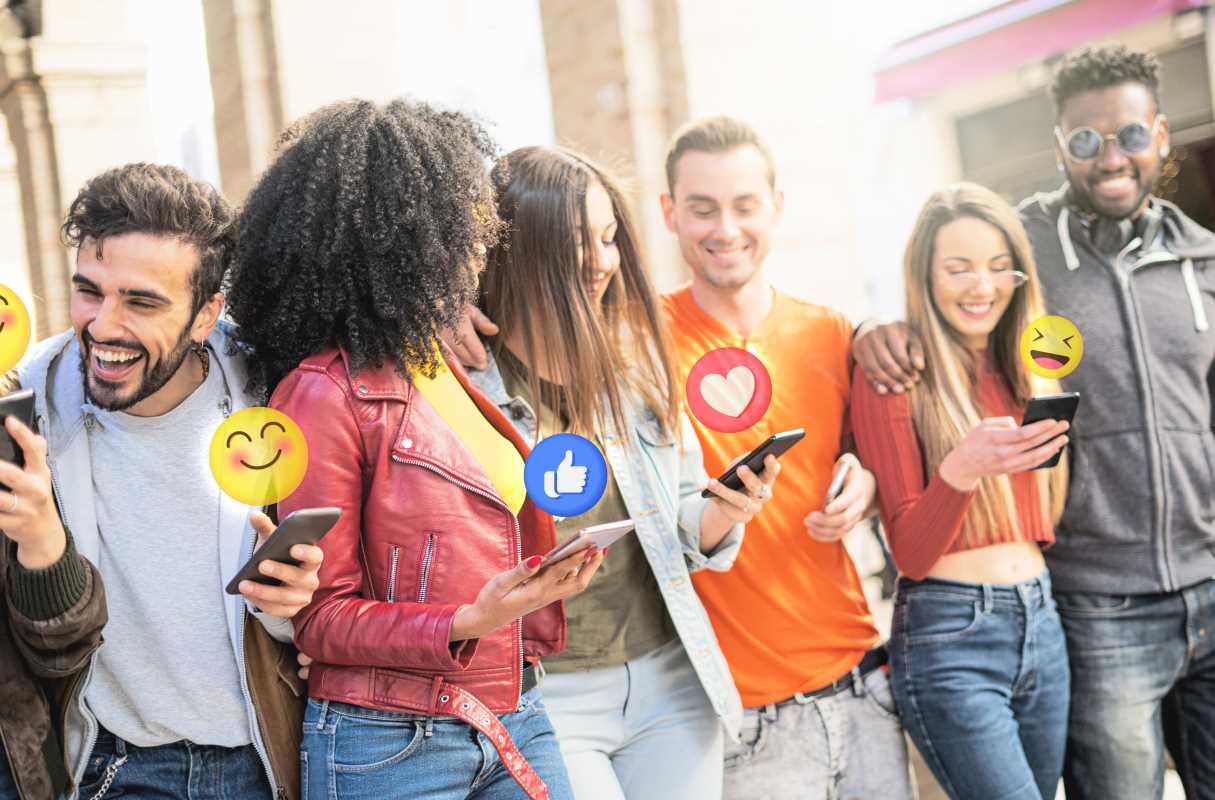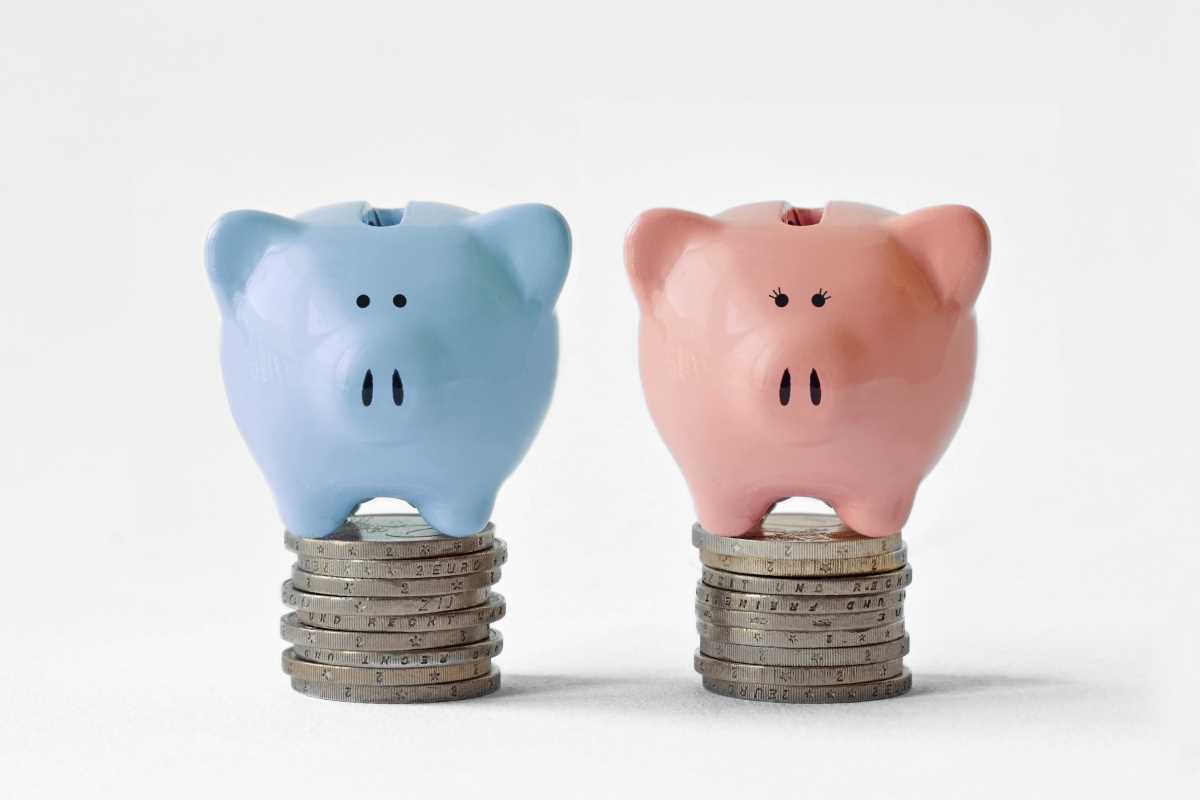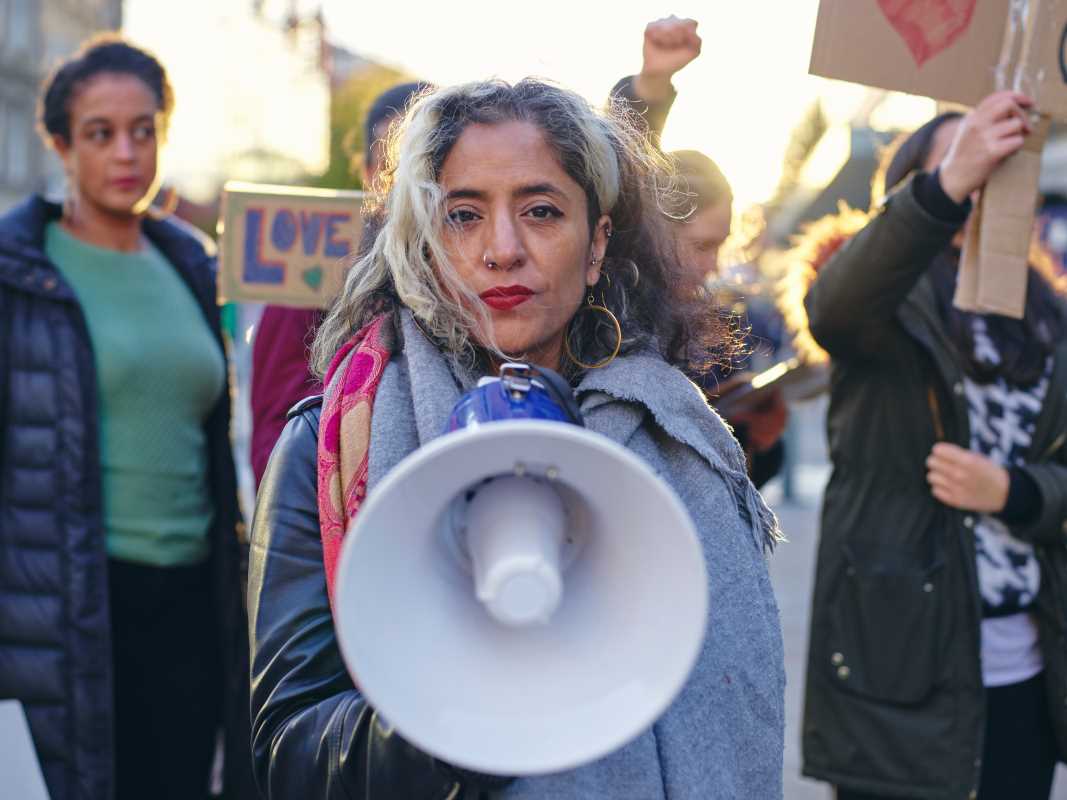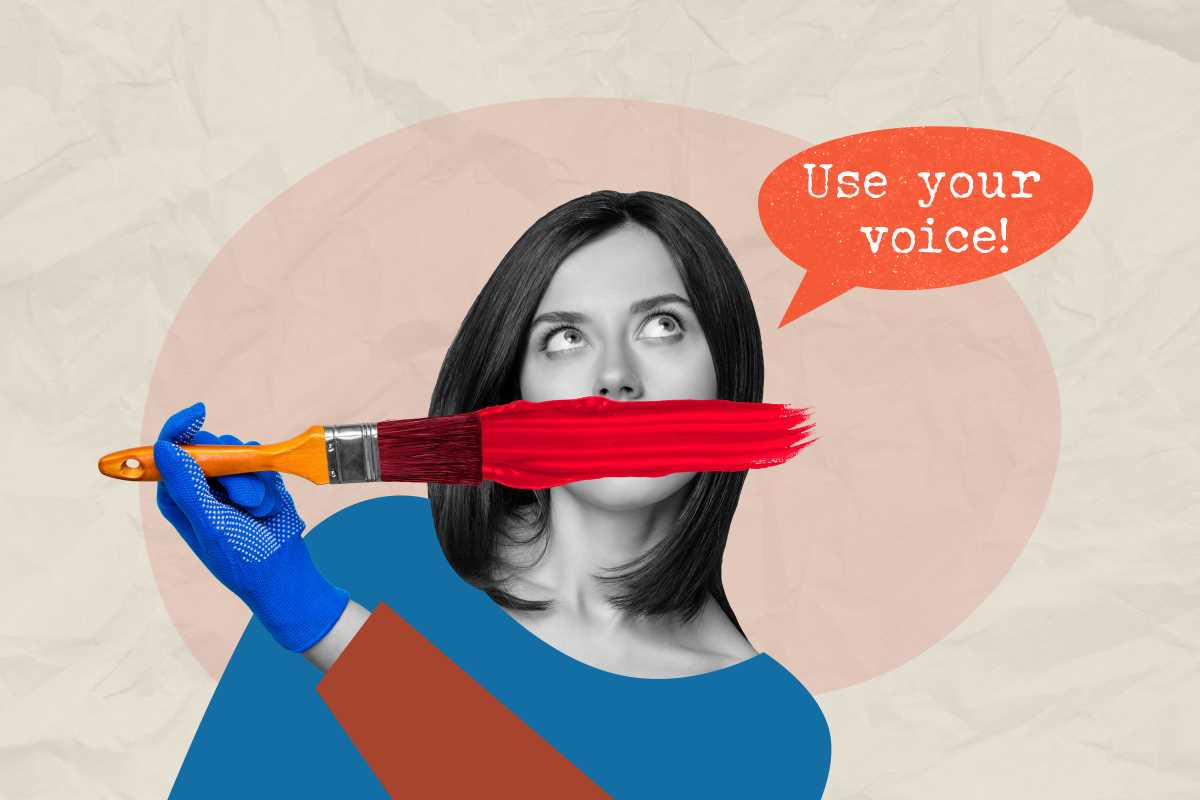Social media has transformed the way we follow news, share opinions, and even shape culture. One area where this is especially true is high-profile legal cases. These cases, once confined to courtrooms and newspaper headlines, now unfold in real-time across platforms like Twitter, Instagram, and TikTok. Millions of people join the conversation, posting updates, sharing memes, and debating the issues at hand. But these cases don’t just trend for a few days and disappear. Sometimes, they spark massive cultural shifts, influencing how we think about justice, power, and social change.
What is it about certain legal cases that capture the world's attention and ignite online activism? It’s often the mix of compelling stories, larger societal issues, and the emotional stakes involved. From controversial verdicts to groundbreaking lawsuits, these cases become more than legal battles; they’re moments that shape how we understand the world around us. Let's explore some of the most high-profile legal cases that turned into social media movements and forever changed public conversations.
The #MeToo Movement and the Weinstein Trial
One of the clearest examples of a legal case sparking a cultural shift is the Harvey Weinstein trial. For years, Weinstein was a powerful Hollywood producer whose actions were an "open secret" in the industry. But in 2017, reports from investigative journalists revealed dozens of sexual assault allegations against him. This was just the beginning.
The allegations against Weinstein were a catalyst for the broader #MeToo movement, which encouraged people to share their own experiences of harassment and abuse. Social media played a huge role in amplifying these stories, with millions of tweets and posts flooding platforms in days.
Weinstein's trial, which ended with a 2020 conviction for rape and sexual assault, was closely followed online. Every development had people debating the power dynamics in industries like entertainment, women’s rights, and workplace safety. The case highlighted how pervasive sexual harassment is and spurred conversations about accountability—not just for Weinstein but across all sectors.
The George Floyd Case and the Global Black Lives Matter Movement
Few cases in recent history have had as much global impact as the trial of Derek Chauvin, the police officer convicted of murdering George Floyd. On May 25, 2020, a bystander captured and shared a video of Chauvin kneeling on Floyd’s neck for over nine minutes. The footage, spread rapidly on social media, triggered outrage and grief worldwide.
The killing of George Floyd became a flashpoint for the Black Lives Matter (BLM) movement, which challenged systemic racism and police brutality. Millions used hashtags like #BlackLivesMatter and #JusticeForGeorgeFloyd to demand change. Protests erupted in cities around the globe, calling for reforms in policing and racial justice.
When the trial finally took place in 2021, it was livestreamed, drawing millions of viewers who shared their reactions online. The trial’s conclusion, in which Chauvin was found guilty, marked a moment of relief and validation for many, but it also left people questioning what still needed to change. The case underscored the sheer power of social media to spread awareness, mobilize action, and keep important issues in the spotlight.
Brittany’s Conservatorship and the Rise of #FreeBritney
Before social media, a case like Britney Spears’ conservatorship battle might have stayed behind closed doors. But thanks to platforms like Instagram and Twitter, her situation became a worldwide conversation. Britney lived under a legal conservatorship for 13 years, which controlled her personal life, career, and finances. Initially created to protect her during a mental health crisis, the conservatorship faced accusations of abuse and exploitation.
The #FreeBritney movement started organically among fans who noticed clues in Britney’s social media posts and began questioning her legal restrictions. The movement gained traction online, with fans analyzing court documents, sharing theories, and even protesting outside hearings.
By 2021, the pressure became impossible to ignore. Britney's case culminated in a highly publicized legal fight, leading to the termination of the conservatorship later that year. Many credited social media activism for reshaping how we think about mental health, autonomy, and the treatment of celebrities. Britney’s case proved that online communities can create real-world results.
Colin Kaepernick and the Debate Over Free Speech
Colin Kaepernick’s decision to kneel during the national anthem at NFL games in 2016 sparked outrage and support in equal measure. While this act wasn’t part of a traditional legal trial, it became the center of heated debates over free speech, race, and patriotism. Kaepernick’s peaceful protest against police brutality and racial injustice made headlines across the country, but it also led to professional backlash as he was essentially blacklisted from the NFL.
Social media became a battleground for discussing Kaepernick’s actions. Supporters praised him for using his platform to elevate important issues, while critics accused him of lacking patriotism. The "trial" of Kaepernick in the court of public opinion showed how online platforms could amplify voices while also deepening divisions.
Kaepernick’s story had long-term consequences. Discussions about race and sports continued, and the NFL eventually faced criticism for its initial handling of the controversy. Even years later, his protest remains a touchstone in conversations about activism, freedom of expression, and systemic racism.
The Depp-Heard Trial and Social Media Trial by Fire
The defamation trial between actors Johnny Depp and Amber Heard became one of the most followed legal cases in social media history. The former couple sued each other over allegations of abuse, sparking a media frenzy online.
What made this case stand out was how social media communities influenced public opinion on the trial. Platforms like TikTok and Twitter were flooded with fan edits, hashtags, and even memes dissecting every piece of evidence. Livestreams of the trial attracted millions of viewers, and some influencers even built their own followings by posting daily updates.
While the case ended with largely favorable verdicts for Depp, it left behind a polarized audience. Critics argued that the highly publicized trial trivialized serious issues like domestic violence. Others praised it for highlighting the flaws of celebrity culture and how we approach justice in the age of social media. The case also showed how online debate can sometimes overshadow the seriousness of real-world legal processes.
How Social Media Shifts Public Opinion
What ties all these cases together is the way social media amplifies their impact. Legal cases gain a new layer of meaning when millions of people observe, comment, and take action online. Here are a few reasons these cases have such a lasting influence:
- Accessibility: Social media removes barriers, allowing anyone to join the conversation. Court updates, analysis, and raw emotion flow freely, bringing cases to life for people who might otherwise not pay attention.
- Community Building: Viral hashtags, movements, and online actions create collective energy. People feel united in their outrage, hopes, or demands for justice.
- Accountability: Social media creates pressure on institutions and individuals to address public concerns. It pushes issues that might be overlooked into the mainstream.
At the same time, this influence cuts both ways. Social media can amplify misinformation, oversimplify complex cases, and even turn serious discussions into sensationalized drama. The challenge is finding balance, using digital platforms to spread truth and engage in meaningful dialogue.
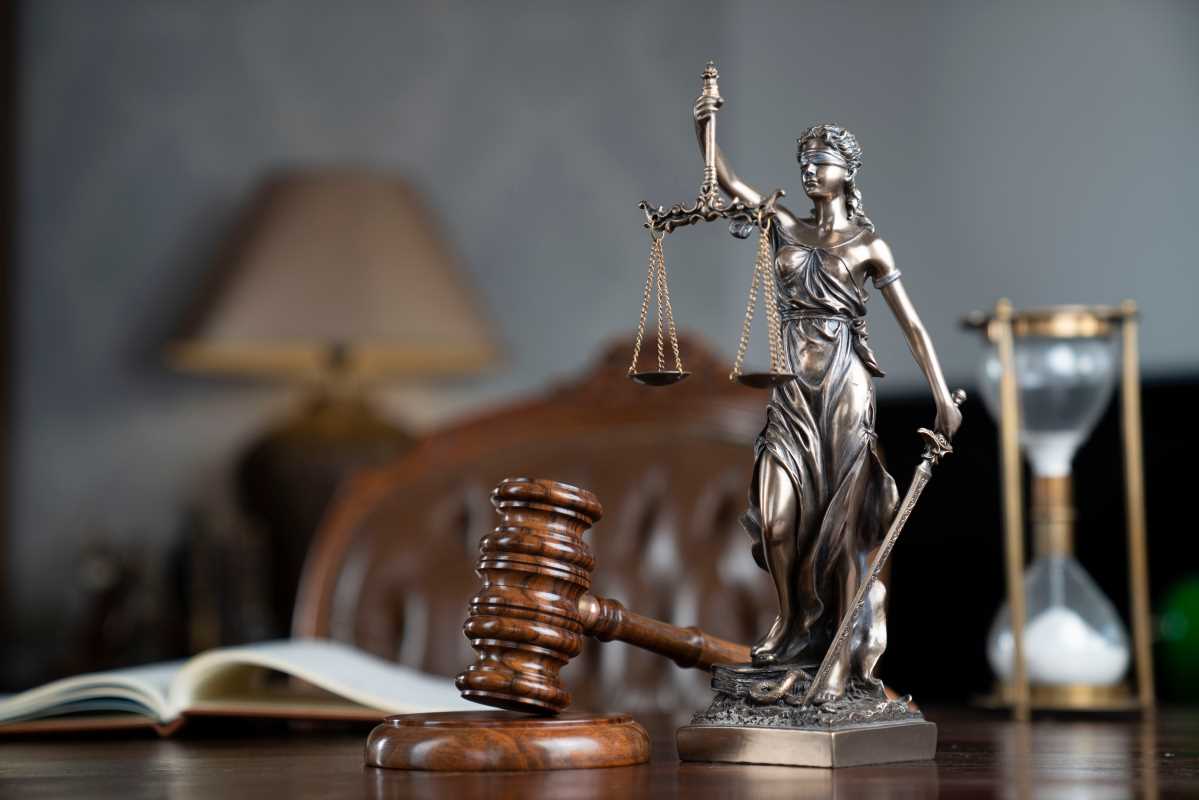 (Image via
(Image via

